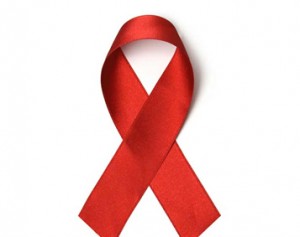Group urges tackling socio-economic barriers fuelling HIV spread
 Ms Precious Hamidu, the Executive Director of the Alliance for Women Opportunities and Development (AfWOD), has called on the nation to tackle the socio-economic factors contributing to the spread of HIV and AIDS in the country.
Ms Precious Hamidu, the Executive Director of the Alliance for Women Opportunities and Development (AfWOD), has called on the nation to tackle the socio-economic factors contributing to the spread of HIV and AIDS in the country.
She said existing gender inequality, poverty, and limited HIV and AIDS education and inaccessible healthcare services in parts of the country remained key barriers that the nation needed to overcome to bring the spread of the diseases to the barest minimum.
“We must therefore empower women and girls, ensuring that they have the requisite knowledge and resources to protect themselves”, she stated in an interview with the Ghana News Agency (GNA) in Sunyani to commemorate the 2024 celebration of the World AIDS Day.
She highlighted the importance of continuous efforts to fight HIV and AIDS in the country by supporting people living with the virus to access medication and intensifying the public campaign against the disease for people to protect themselves from infections.
Each year, on 1 December, the world commemorates World AIDS Day, instituted by the World Health Organisation (WHO) where people around the globe unite to show support for people living with HIV and to remember those who have died from AIDS-related illnesses.
Ms Hamidu indicated that the country had made significant progress in the fight against HIV and AIDS, saying reports from the Ghana AIDS Commission showed that the nation had witnessed a decline in new HIV infections, with an estimated 19,000 new cases in 2022, compared to 21,000 in 2021.
“Despite this progress, the fight against HIV/AIDS is far from over,” she stated, saying the current statistic from the Ghana Health Services revealed that approximately 350,000 people were living with HIV in the country, with women accounting for 60 percent.
Ms Hamidu indicated that the prevalence rate among adults aged 15-49 was estimated at 1.7 percent, underscoring the need for targeted interventions.
AfWOD remains committed to working with local communities, government agencies, and international partners to enhance HIV prevention and treatment programmes, she stated, saying her organisation also focused on reducing stigma and discrimination, which remain significant challenges for those living with HIV.
“Stigma and discrimination continue to hinder our efforts and we must therefore create an environment where everyone feels safe to seek testing and treatment without fear of judgment or social exclusion.”
Source: GNA
